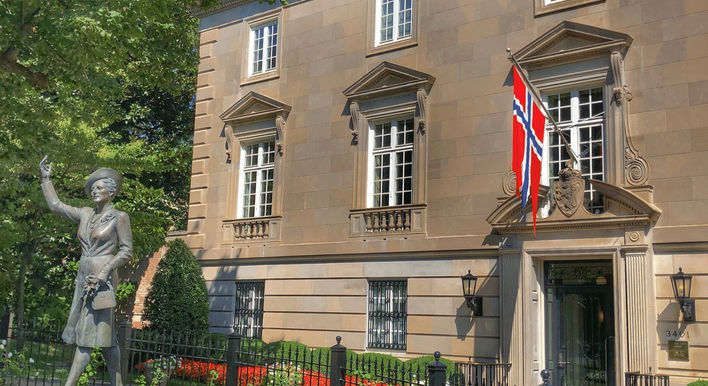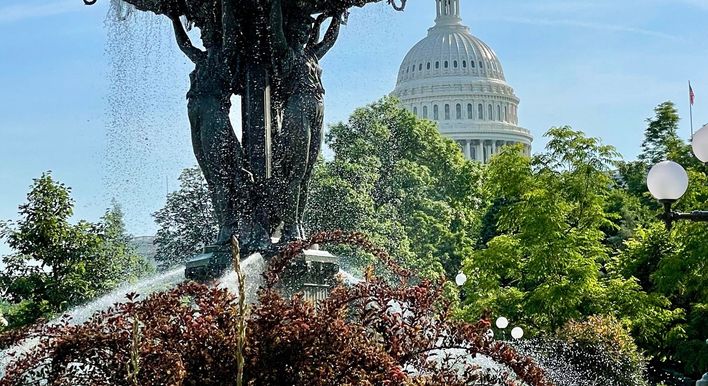While visiting the Washington National Cathedral’s Bishop’s Garden, I came across a plaque commemorating the donation of the garden’s sprinkler system by the family of Frank Gardiner Wisner. The name seemed familiar.
A tour we think you'll love
Frank Wisner is responsible for some of the most reprehensible actions committed by the CIA. He made it possible for Belarussians the collaborated with the Nazis to gain US citizenship after WWII. In 1954 when a US fruit company felt the democratically elected president of Guatemala threatened their profits, Frank and the CIA orchestrated a coup that overthrew the president and replaced it with the first of many authoritarian governments supported by the US.
While Wisner was overthrowing democracies in the name of democracy, Mrs. Wisner was a volunteer tending the Bishop’s Garden at the cathedral. Meanwhile, in Iran when the elected prime minister decided to nationalize the oil industry, British and US leaders decide he had to go. And Wisner was just the man to make that happen. He reinstates the Shah to the throne, who the US loved but his people grew to hate. They ousted the Shah during the Iranian revolution. What followed was unending instability in that region.
Things don’t end well for Frank Wisener. He suffered from depression and eventually took his own life. Leaving yet more people devastated.
So, what do we make of this sprinkler system donated in the name of one who brought so much misery to so many? The cathedral did know Wisner was in the top leadership of the CIA when they received the gift. But that in and of itself does not disqualify him from being remembered in this way. Did they know about the Nazis and coups? I don’t know.
But the church is about forgiveness. Did Wisner turn his life in a new direction? Did his work fuel his depression or was it the other way around? Is the sprinkler system that brings life-giving water a way for his family to atone for the death Wisner facilitated? Again, I don’t know.
But I do wonder if the people of Belarus, Guatemala, and Iran who still live with the repercussions of the US policy that Frank Wisner executed, feel this is a suitable way for him to be remembered.






